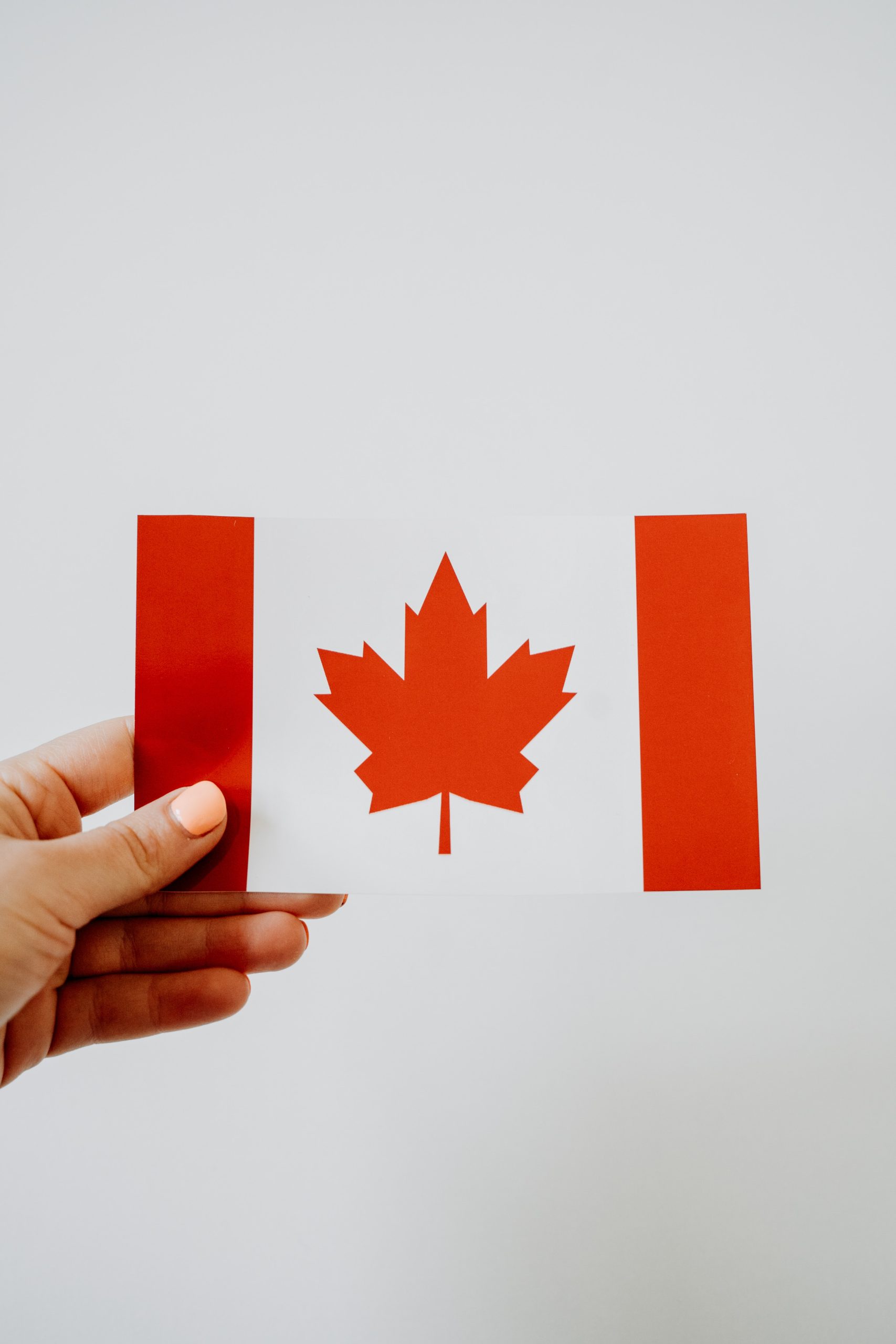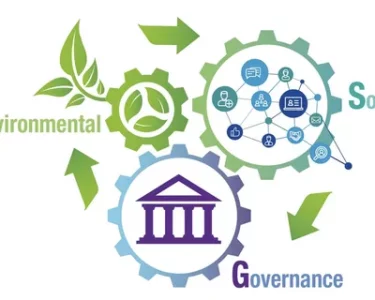Canada has announced plans to reopen its border to fully vaccinated Americans, marking a significant step towards the normalization of cross-border travel between the two countries.
According to an official statement from the Canadian government, the border will reopen to fully vaccinated American citizens and permanent residents as of August 9, 2021. This move will apply to all land, air, and sea travel, and will also allow for the resumption of non-essential travel.
The announcement comes as a relief to many Canadians and Americans who have been separated from loved ones for over a year due to the COVID-19 pandemic. The border has been closed to non-essential travel since March 2020, with exceptions made for essential workers and certain other categories.
To be considered fully vaccinated, American visitors will need to have received a Health Canada-approved COVID-19 vaccine at least 14 days prior to entering Canada. They will also need to provide proof of a negative COVID-19 test taken within 72 hours of their arrival, as well as submit their travel information via the ArriveCAN app or website.
The Canadian government has stated that they will continue to monitor the situation closely and adjust their border measures as necessary to protect the health and safety of Canadians.
The reopening of the border is expected to have a positive impact on the economies of both countries, particularly in the tourism and hospitality sectors. It is also a sign of progress in the fight against COVID-19, as vaccination rates continue to rise and restrictions begin to ease.
However, some experts have raised concerns about the potential for increased spread of COVID-19 as a result of the border reopening. It will be important for both countries to continue to prioritize public health measures and monitoring to prevent any potential outbreaks.
Overall, the announcement of the border reopening to fully vaccinated Americans is a positive step forward for both Canada and the United States, and a sign of hope for a return to more normal cross-border travel in the future.




